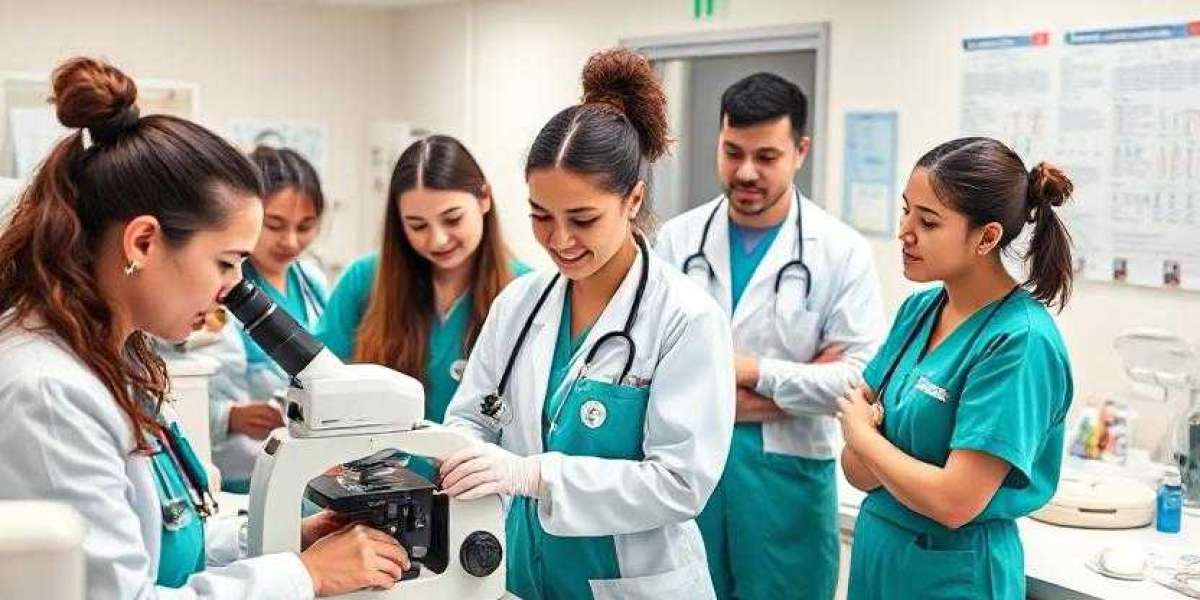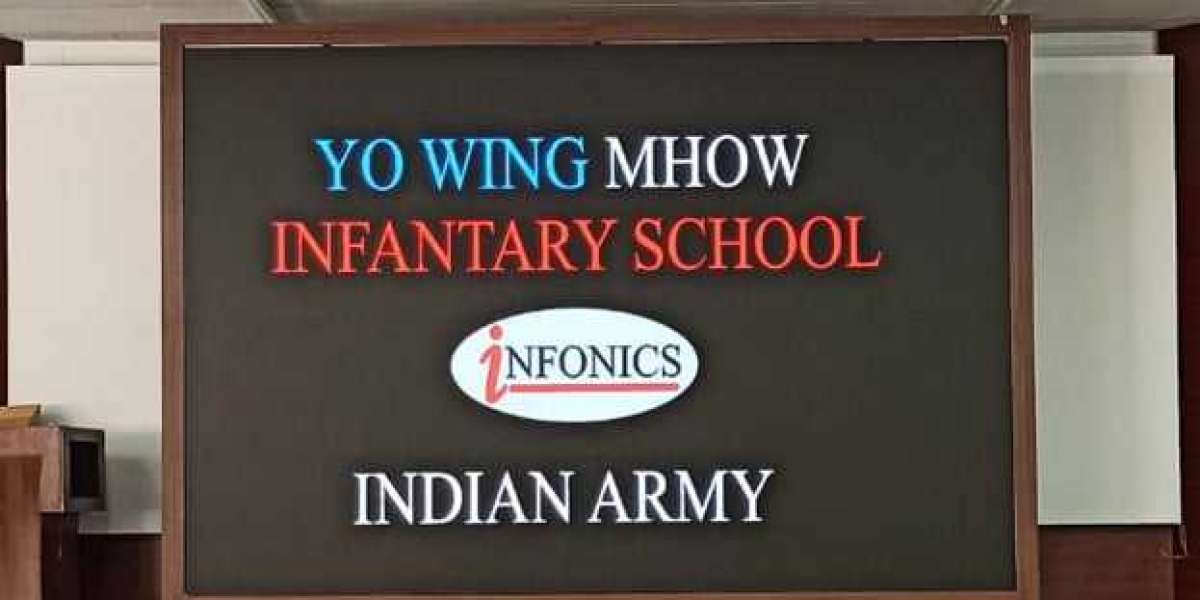India's healthcare system is one of the largest and most dynamic in the world. With hospitals and clinics expanding across the country, the demand for trained professionals continues to rise. While doctors and nurses often take the spotlight, the role of paramedical professionals is equally crucial. Having gone through one of the paramedical courses after 12th, I’ve experienced how these programs equip students with the practical skills that directly support healthcare delivery.
In this blog, I’ll share how paramedical courses contribute to strengthening the healthcare system in a real and meaningful way.
What Are Paramedical Courses?
Paramedical courses are job-oriented training programs that focus on practical aspects of healthcare. These courses prepare students to work as technicians, assistants, and support staff in hospitals, diagnostic centers, and clinics. The best part? You don’t need to spend 5–6 years studying medicine. You can start working and making a difference much sooner.
Depending on your education level, you can choose:
Paramedical courses after 10th (certificate and diploma level)
Paramedical courses after 12th (advanced diploma and degree level)
These include fields like laboratory technology, radiology, emergency care, and operation theatre assistance.
Vital Support in Emergency Situations
During emergencies like accidents or sudden health crises, paramedics are often the first responders. Trained through paramedical courses, these professionals know how to stabilize patients, perform CPR, and assist in transport until a doctor is available. Their quick and skilled action can save lives.
Assisting in Diagnostics and Treatment
Hospitals rely heavily on accurate diagnosis to treat patients. Lab technicians, radiologists, and imaging experts—most of whom are products of paramedical courses—handle these tasks with precision. They conduct blood tests, X-rays, ECGs, MRIs, and more. Without them, doctors would not have the data needed to make decisions.
Easing the Workload of Doctors and Nurses
A well-trained paramedical team allows doctors and nurses to focus on what they do best—treating and caring for patients. Paramedics take care of technical support, patient preparation, monitoring vital signs, sterilizing instruments, and handling administrative duties. This teamwork ensures smoother operations in every hospital.
Bridging the Healthcare Gap in Rural Areas
India faces a shortage of doctors in rural areas. But trained paramedical professionals can fill that gap. With the help of paramedical courses after 10th, local students can get certified and start working in their own communities. They offer essential services like wound dressing, injections, and even telemedicine support, ensuring rural populations have access to basic healthcare.
Cost-Effective Medical Training
Not every student can afford to study MBBS or BDS. That’s where paramedical courses become a smart choice. They are shorter, more affordable, and focused on skill development. Within 1–3 years, students are ready for employment, making these courses a practical option for many.
Career Growth and Specialization
What starts as a basic certificate can lead to a long and rewarding career. After completing paramedical courses after 12th, many students go on to specialize in fields like:
Dialysis Technology
Operation Theatre Technology
Anesthesia Technology
Physiotherapy
Specialization brings higher pay, job stability, and more opportunities for advancement.
Contribution During Public Health Crises
The COVID-19 pandemic showed us the importance of a strong healthcare support system. From running tests to managing emergency care and operating ventilators, paramedical professionals played a frontline role. Their training and resilience helped the country navigate one of its biggest health challenges.
Opportunities Across Healthcare Sectors
Graduates of paramedical courses find work in:
Government and Private Hospitals
Diagnostic Labs
Blood Banks
Rehabilitation Centers
Ambulance Services
NGOs and Rural Health Camps
The career options are wide and growing.
Final Thoughts
From my own experience, I can say that paramedical courses are not just academic programs—they're a gateway into a career that makes a real difference. These courses train you to be a crucial part of a healthcare team. Whether you choose a paramedical course after 10th or a paramedical course after 12th, you're entering a field where your work directly impacts lives every day.
If you’re looking for a fast, affordable, and fulfilling career in healthcare, start exploring paramedical courses today. The healthcare system needs you—and with the right training, you can be part of something truly meaningful.


